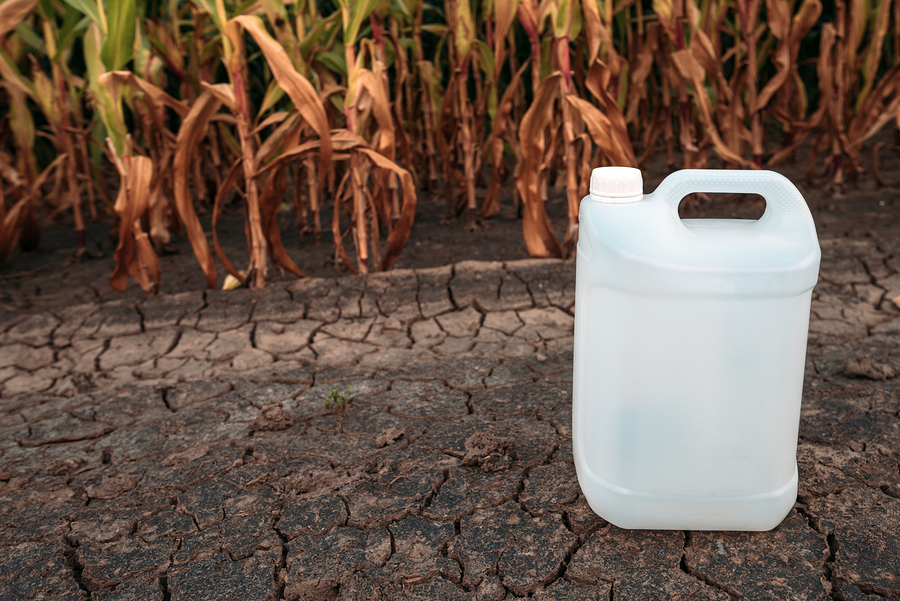On Thursday, the state of Tennessee imposed restrictions on the use of dicamba, one of Monsanto’s dangerous weed killers, becoming the fourth state to do so. Farmers have been complaining about dicamba for a while since it drifts “…damaging vulnerable soybeans, cotton and other crops across the southern United States. Farmers have fought with neighbors over lost crops and brought lawsuits against dicamba producers.”1
Last week Arkansas banned its use and Missouri has followed Tennessee, putting tight restrictions on when and in what weather, dicamba can be sprayed. Kansas is investigating complaints about dicamba.
“Monsanto, which said it has spent years working to make dicamba stickier and limit drift when it is sprayed, is campaigning to overturn the bans. It blames early-adoption headaches similar to wind drift and cross-contaminated farm equipment problems the company faced when it launched its popular Roundup Ready glyphosate-resistant crops two decades ago.”2
Instead, Robb Fraley, Monsanto’s chief technology officer, blamed farmers saying many of the issues are caused by farmers who don’t follow application labels, use contaminated equipment, or have purchased older formulations of dicamba that are cheaper but more prone to drift.
RELATED STORY:
Monsanto’s dicamba problem is just the latest issue the world is finally having with them:
- ABC: Monsanto’s “Roundup” can be Labeled with Cancer Warning in California
- ‘Explosive’ documents about Monsanto in Europe
- Vietnam demands Monsanto pays compensation for Agent Orange victims
- ABC: Monsanto ordered to pay $289 million in damages to man who gets terminal cancer from Monsanto’s Roundup, his lawyer RFK Jr thrilled!
“Dicamba is key to Monsanto’s biggest-ever biotech seed launch, which occurred last year. Its Xtend line of soybeans and cotton are designed to tolerate the weed killer, which replaces earlier products that contained only glyphosate.
Some weeds have developed resistance to glyphosate, which Monsanto introduced in the 1970s. Crop seeds such as corn, soybeans and cotton are genetically modified to survive the pesticide while yield-sapping weeds die.
Dicamba has long been used to kill weeds before crops are planted, but its use has spiked this season across the United States after regulators last year approved it for crops that are already growing.”3
Monsanto has been selling a new dicamba formulation, Xtendimax, which is supposed to drift less- but it might just be too late. At least, let’s hope it is. Let’s hope that this crack is just another and that they keep coming and coming until the evil behemoth finally is brought down.












